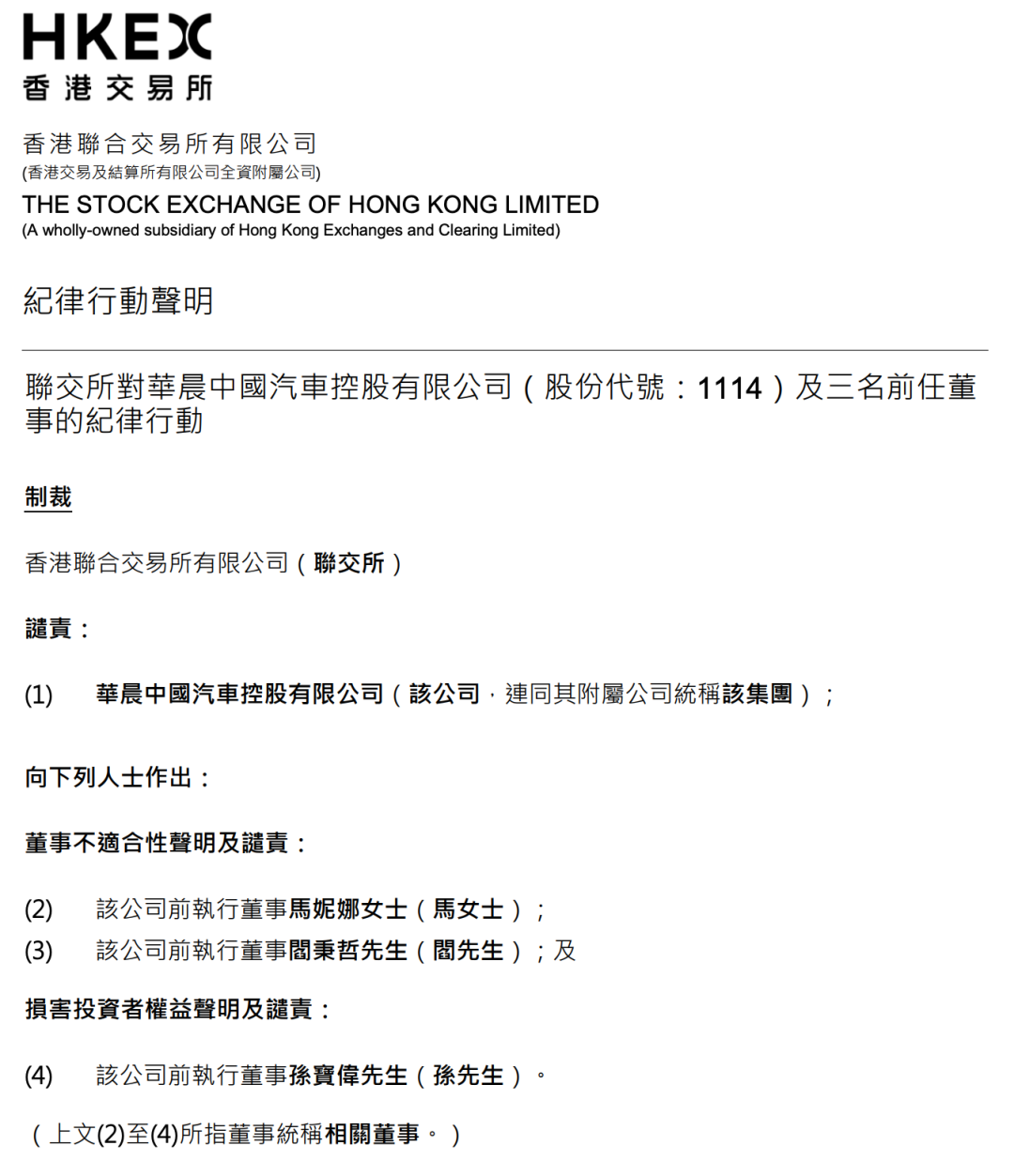July 30, Li Auto released the latest weekly sales list for the 30th week of 2024 (July 22 to July 28) as scheduled. The list still includes three parts: the sales list of new energy brands in the Chinese market, the sales list of new forces brands in the Chinese market, and the sales list of luxury brands in the Chinese market.
Let’s first take a look at the TOP10 sales list of new energy brands in the Chinese market. The top five automakers entering are BYD, Tesla, Li Auto, AITO, and Wuling. In the new week, BYD continued to top the list with a weekly sales volume of 70,600 units, being the only brand with sales exceeding 70,000 units on this list, and it is also the first time that BYD’s weekly sales exceeded 70,000 units in July. By comparison, the sales in the 27th week (July 1 to July 7) was 58,800 units; in the 28th week (July 8 to July 14) was 61,800 units; in the 29th week (July 15 to July 21) was 66,700 units, showing a trend of increasing week by week. According to statistics, as of the 28th, BYD’s cumulative sales in July was 257,900 units.
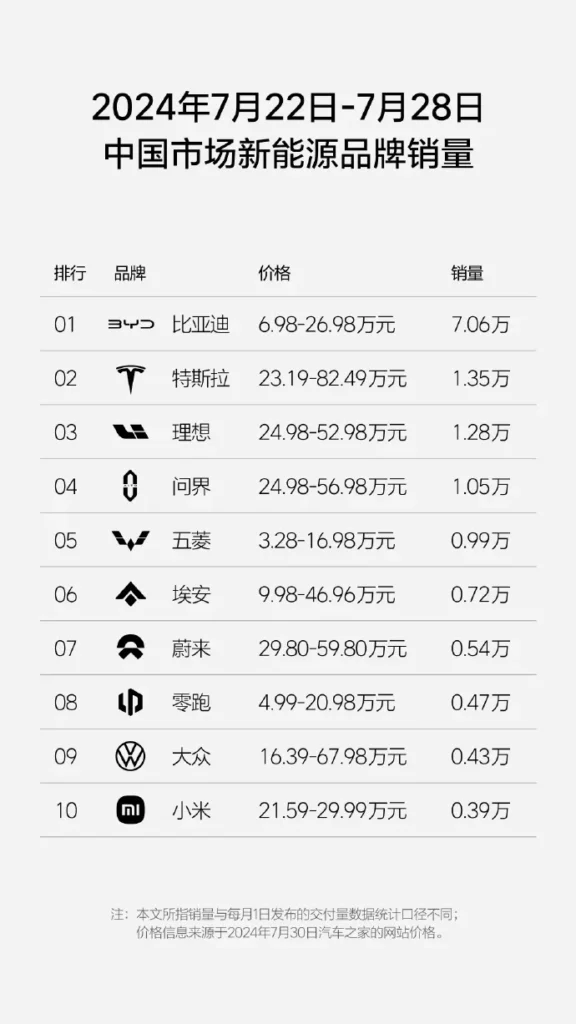
Tesla is behind BYD, with a new weekly sales volume of 13,500 units, and both sales and ranking have improved compared to the previous week (July 15 to July 21). Li Auto and AITO follow, ranking third and fourth on the list respectively, with weekly sales of 12,800 units and 10,500 units respectively. Wuling Automobile also squeezed into the top five on the list, with a weekly sales volume of 9,900 units.
The brands entering the top ten list also include GAC Aion, NIO, Leapmotor, Volkswagen, and Xiaomi Motors, with weekly sales of 7,200 units, 5,400 units, 4,700 units, 4,300 units, and 3,900 units respectively.
Among them, Xiaomi Motors re-entered the list again in the new week and ranked tenth, which is also the second time that Xiaomi Motors has entered the TOP10 sales list of new energy brands in July. Previously (July 1 to July 7), with a sales volume of 3,700 units on the weekly list, Xiaomi Motors ranked tenth on the list. In the following two weeks, it missed the list, with weekly sales of 2,300 units and 1,500 units respectively. As of the 28th, Xiaomi Motors’ cumulative sales in July was 11,400 units, completing the goal of delivering 10,000 units in July ahead of schedule. On July 19, at the 2024 Lei Jun Annual Speech, Lei Jun reported the new progress about Xiaomi Motors. Lei Jun said that the 100,000 delivery goal will be completed ahead of schedule in November this year. According to the plan, the sales goal of Xiaomi Motors for the year is to guarantee the delivery of 100,000 units at least and challenge 120,000 units.
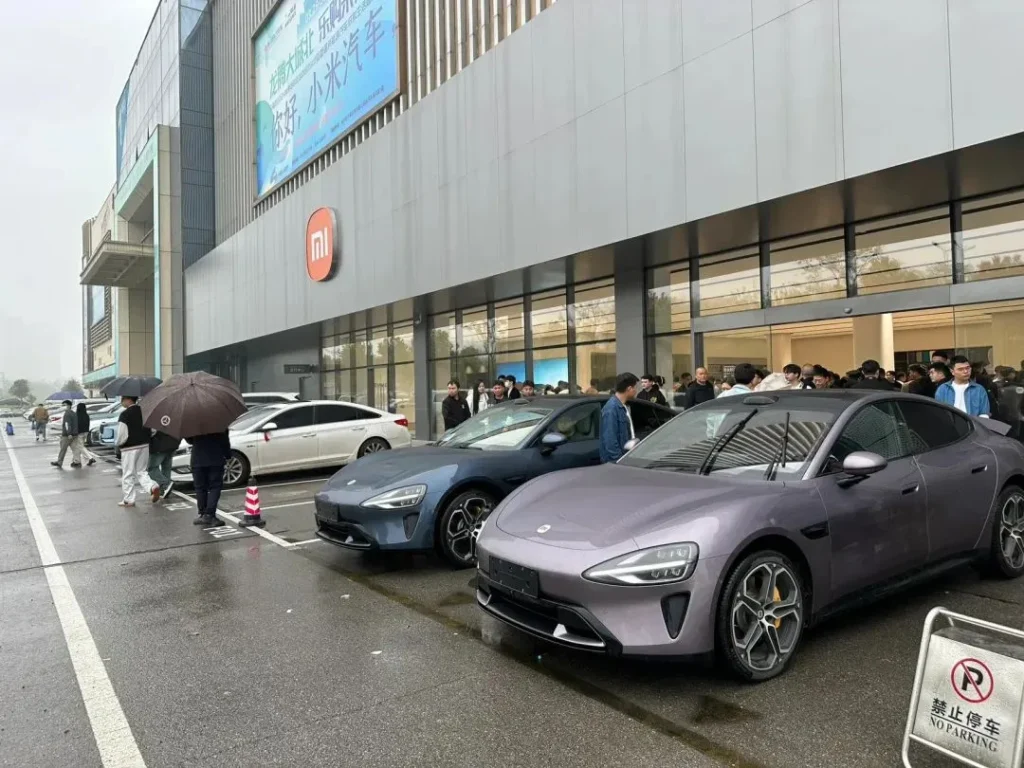
Next, let’s take a look at the TOP10 sales list of new forces brands in the Chinese market. Li Auto is still the sales champion of new forces brands in the Chinese market, with a weekly sales volume of 12,800 units, which is higher than 10,500 units of AITO. This is also the fourth time that Li Auto has topped the new forces sales list in weekly sales in this month. According to statistics, from July 1 to 28, Li Auto’s cumulative sales was 43,000 units, and AITO’s cumulative sales was 37,100 units, with a sales difference of 5,900 units.

NIO ranked third on the list with a weekly sales volume of 5,400 units; XPeng Motors ranked eighth with a sales volume of 2,400 units. In the past, Li Auto, NIO and XPeng Motors were often compared, but since 2023, the sales pattern of the three has begun to diverge, especially for Li Auto. For reference, the sales of the three in 2023 were 376,000 units, 160,000 units, and 141,600 units respectively. And since the beginning of 2024, this pattern has not improved. In the first half of this year, Li Auto’s sales was 189,000 units; NIO’s was 87,400 units; XPeng Motors’ was 52,000 units.

It is worth noting that the release of the weekly sales list has also caused dissatisfaction among competitors. On July 27, at the end of the NIO IN interaction session, Li Bin, the founder, chairman and CEO of NIO, said that he couldn’t tolerate the weekly sales list of competitors and revealed that the release of the weekly list has aggravated the anxiety in the industry. In addition, Qin Lihong, the co-founder and president of NIO, also pointed out that the weekly list data is not rigorous, and NIO has never authorized any institution to bring NIO’s weekly list, and the data has not been recognized by NIO, calling on relevant departments to take care of it.
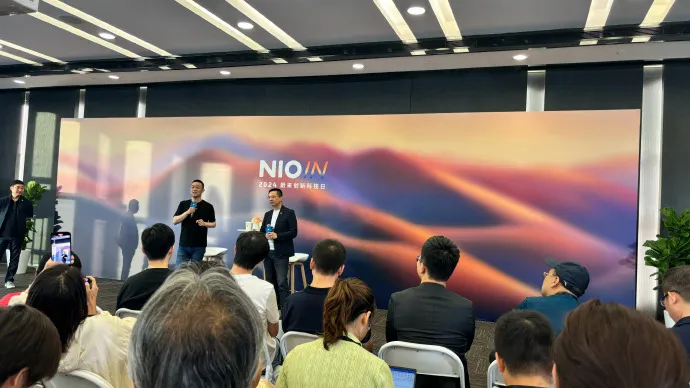
And today Li Auto released the weekly list as scheduled. In response to this, Ma Lin, the public relations director of NIO, consecutively posted three Weibo posts shouting at Li Auto CEO Li Xiang to “stop”. Ma Lin said: “Don’t engage in low-level involution. Rolling the weekly list is more or less a sign of low-level involution. The mission of Chinese auto companies at present is to achieve technological breakthroughs through R & D”. And he pointed out that the weekly list has interference on the normal operation of enterprises. He believes that each month, each enterprise will announce the audited delivery volume, and this monthly figure can basically reflect the operating situation of the enterprise at that time, which is more effective for users to understand the market situation and help make consumption decisions.
At the same time, Ma Lin also pointed out: “Huawei and Li Auto are the ones that sell well in the extended-range field at present. NIO and Tesla are the ones that sell well in the pure electric field. However, products of different price ranges and different categories with or without fuel tanks are all put into one list, which cannot reflect the objective situation of the market.” And emphasized: “To make a list, it must be reasonable and comparable to each other”.
Looking back at the sales of the list, Leapmotor and Xiaomi Motors also squeezed into the top five on the list, with new weekly sales of 4,700 units and 3,900 units respectively. In addition to that, including Zeekr, Deepal, Denza and Arcfox all entered the top ten on the list, with weekly sales of 3,300 units, 2,800 units, 2,200 units and 1,500 units respectively, while IM Motors has fallen out of the list.
Finally, let’s take a look at the TOP10 sales list of luxury brands in the Chinese market. Judging from the brand ranking on the list, Mercedes-Benz, Audi and BMW continue to remain the top three. Among them, Mercedes-Benz’s weekly sales volume is 17,000 units, which has improved significantly compared to 13,600 units in the previous week (July 15 to July 21), and the weekly sales of the latter two are 13,900 units and 13,800 units respectively. Tesla ranked fourth on the list with a weekly sales volume of 13,500 units, followed by Li Auto and AITO. In addition to the above brands, including NIO, Lexus, Zeekr and Volvo all entered the top ten, with weekly sales of 5,400 units, 3,700 units, 3,300 units and 2,600 units respectively.
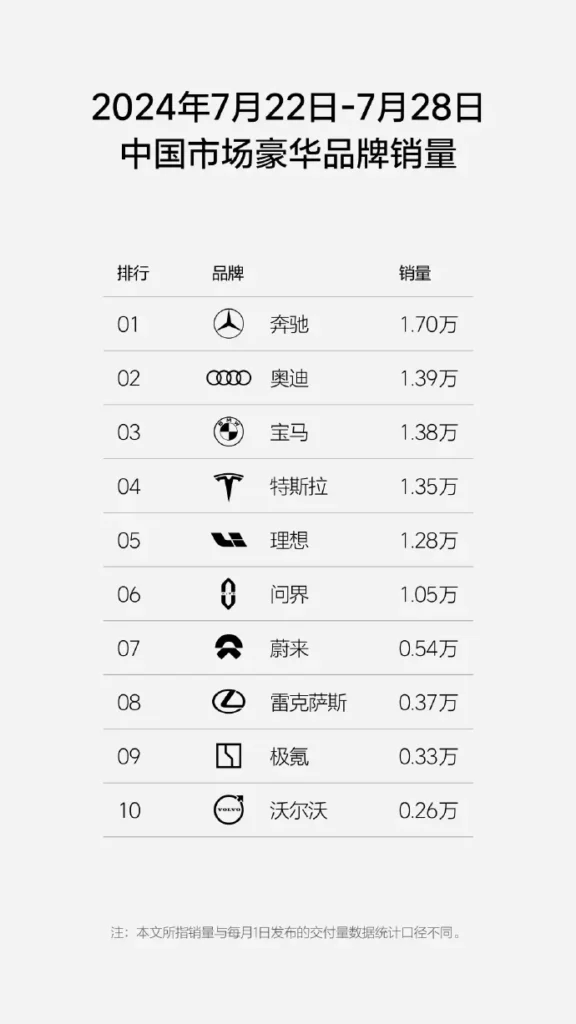
As time enters the second half of the year, whether it is the sales list of new energy brands in the Chinese market, the sales list of new forces brands in the Chinese market, or the sales list of luxury brands in the Chinese market, the current competition among various brands is still very fierce. With the increasingly fierce competition in the subsequent auto market and the diversification of consumer demands, it is expected that a more intense battle for market share will follow.
